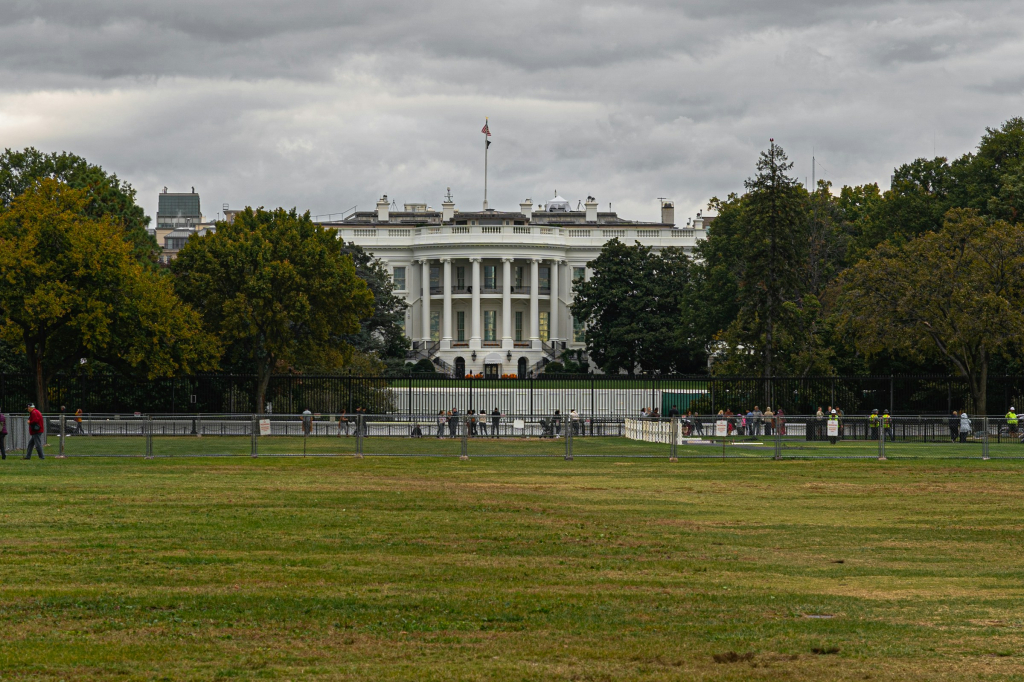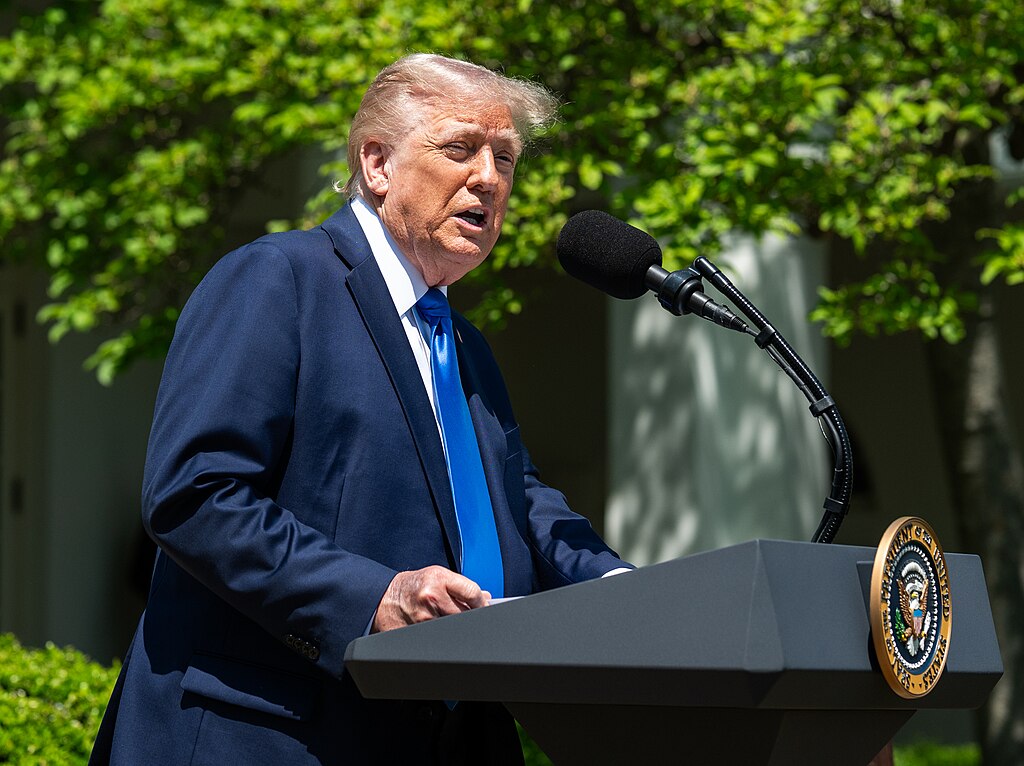The U.S. Senate is close to a historic vote on stablecoin regulation, but differences with the House version could delay progress. Representative French Hill, chair of the House Financial Services Committee, emphasized that while both bills are largely aligned, certain distinctions must be resolved before becoming law.
One major issue is the House bill's stricter stance on foreign stablecoin issuers. It requires such entities to either register under U.S. law or operate in jurisdictions with “substantially similar” regulatory regimes. This would impact issuers like Tether’s USDT, which dominates global stablecoin markets.
Hill also noted the House bill offers a “cleaner” regulatory framework for determining state versus federal oversight based on issuers' business models. Another point of divergence involves non-financial companies issuing stablecoins. While the House allows such firms to operate under the Office of the Comptroller of the Currency, the Senate's version restricts public companies from issuing stablecoins—raising concerns about Big Tech entering finance.
Despite the House passing broader crypto oversight legislation last year, stablecoin laws have proven more difficult. Still, Hill praised the Senate’s recent progress on the Guiding and Establishing National Innovation for U.S. Stablecoins (GENIUS) Act, calling it crucial for momentum.
Both chambers must pass identical versions of the bill before President Trump can sign it into law—something he hopes to do by the August recess. The Senate’s version, which recently passed the Banking Committee and floor votes with bipartisan backing, has faced pushback over insufficient anti-illicit finance safeguards and political complications tied to Trump’s crypto involvement.
Hill concluded that while the Senate's work is promising, further negotiation is needed to align both versions and fulfill the administration’s crypto policy goals.


























Comment 0